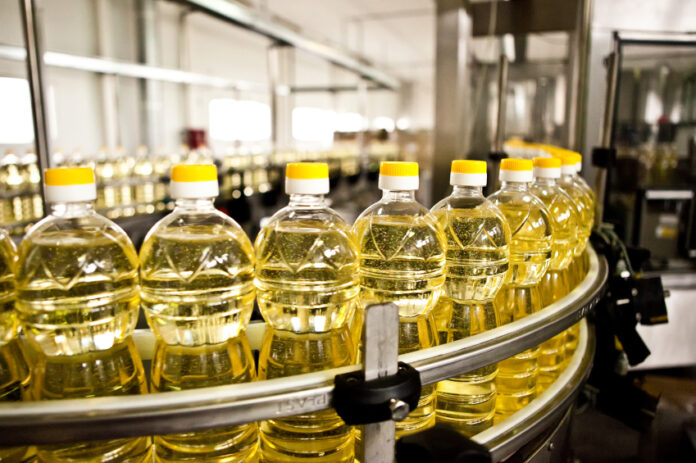ISLAMABAD: The Competition Commission of Pakistan (CCP) on Friday seized possible evidence during the inspection of the Pakistan Vanaspati Manufacturers Association (PVMA) offices in Islamabad, Lahore, and Karachi as part of an investigation of alleged violations of Sections 3 and 4 of the Competition Act, 2010 in the edible oil and ghee sector.
As per details, the inspections were carried out to impound documents and computer-stored information related to PVMA’s suspected role in anti-competitive activities.
Three teams of authorised officers entered and searched the premises and seized what they claimed was important evidence. Officials of the association cooperated fully with the search teams and handed over the required documents and computer-stored information after signing inventory details.
During the investigation, the CCP’s inquiry committee noted that PVMA is an association of 125 edible oil and ghee manufacturers, and as per media reports, seems to be involved in the collective price fixing of retail prices of various brands of cooking oil and ghee for various market segments.
According to data available with the committee, PVMA circulates freight charges among its member mills and frequently revises these charges based on the increase and decrease in the prices of the High-Speed Diesel (HSD). Such deliberations at the level of the PVMA appear to be a prima facie contravention of Section 4 of the Competition Act, 2010.
It appears that the association’s platform is being used to make collective business decisions with respect to the prices of oil and ghee, and its cost components. However, the competition act prohibits such business practices.
The impounded record with the inquiry committee may prove the PVMA’s alleged role and other undertakings in the recent hike in the prices of edible oil and ghee.
The CCP is mandated to ensure free competition in all spheres of commercial and economic activities to enhance economic efficiency, and to protect consumers from anti-competitive behavior, including the price-fixing of essential commodities.























